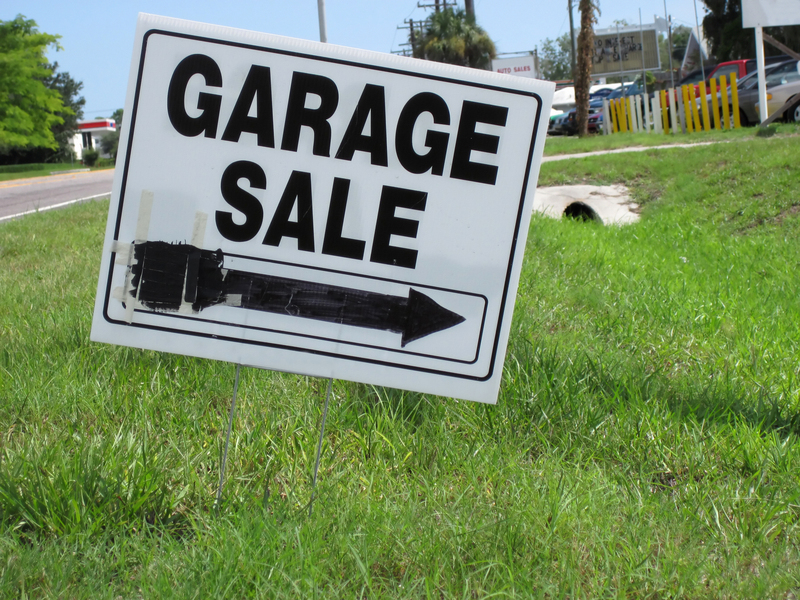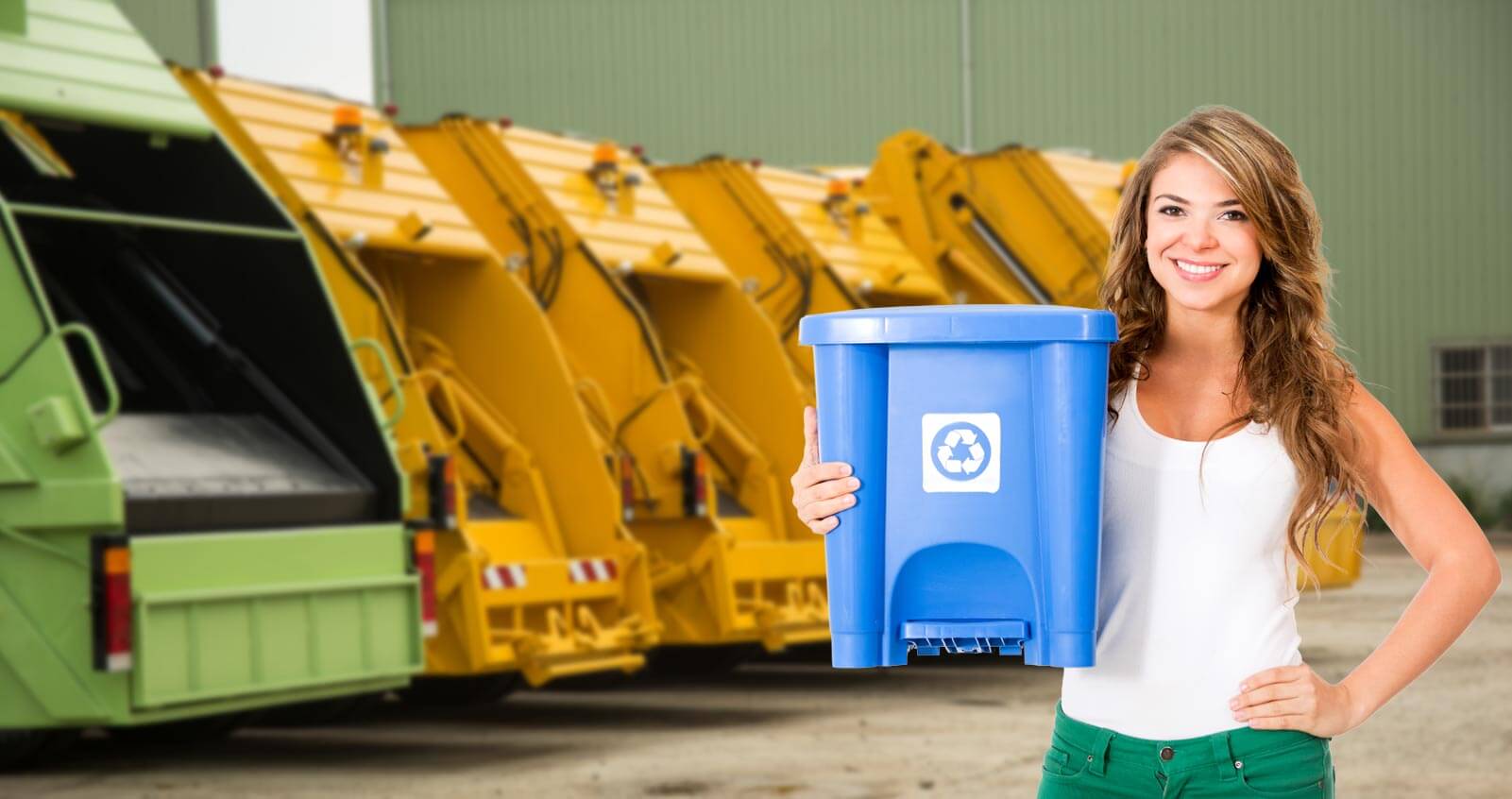Major Waste Disposal Experts
Posted on 18/08/2024
Proper waste management is a critical aspect of maintaining a sustainable environment. With increasing concerns over pollution and waste, the role of major waste disposal experts has never been more significant. These professionals employ various methods and technologies to ensure that waste is managed effectively, reducing the negative impact on the planet.
The Role of Major Waste Disposal Experts
Waste disposal experts are responsible for planning and implementing systems and strategies for managing waste. This includes collection, transportation, processing, recycling, and disposal. They work with local governments, private industries, and communities to create efficient waste management solutions tailored to specific needs.

Technological Advancements in Waste Management
With the advent of new technologies, waste disposal experts now have access to more sophisticated tools and methods. These advancements include:
- Automated Waste Collection: Modern waste disposal methods often use automated systems such as robotic arms and sensor-based bins to streamline waste collection.
- Recycling Technologies: Innovative recycling techniques allow for the effective sorting and processing of recyclables, turning waste materials into new products.
- Waste-to-Energy Solutions: Converting waste into energy through processes like incineration and anaerobic digestion provides an alternative energy source while reducing landfill use.
Sustainable Practices Adopted by Waste Disposal Experts
Major waste disposal experts focus heavily on sustainability. They promote practices such as source reduction, recycling, and composting to minimize waste production. By encouraging communities and businesses to adopt greener practices, they help reduce the carbon footprint and conserve natural resources.
Challenges Faced by Waste Disposal Experts
While significant progress has been made, waste disposal experts still face numerous challenges. These include:
- Managing Hazardous Waste: Dealing with toxic and hazardous wastes requires specialized handling and disposal methods to prevent environmental contamination.
- Public Awareness and Cooperation: Ensuring that the public understands the importance of proper waste disposal and participates in recycling programs can be challenging.
- Regulatory Compliance: Navigating the complex web of local, national, and international regulations can be daunting but essential for ensuring safe and effective waste management practices.
Pros and Cons of Major Waste Disposal Experts
Pros:
- Innovative Solutions: They bring cutting-edge technology and methods to waste management.
- Environmental Protection: Their efforts significantly reduce pollution and environmental degradation.
- Economic Benefits: Sustainable waste practices can lead to cost savings and job creation.
Cons:
- High Costs: Advanced waste management systems and technologies can be costly to implement.
- Regulatory Hurdles: Complying with regulations can slow down the implementation of new waste management strategies.
- Resistance to Change: Some communities and businesses may be resistant to new waste disposal practices.
Tips for Effective Waste Management
- Educate and Raise Awareness: Awareness campaigns can help increase public participation in recycling and proper waste disposal.
- Use Technology: Implementing waste management technologies can streamline processes and improve efficiency.
- Community Involvement: Encourage community engagement through local recycling programs and waste reduction initiatives.
- Regular Monitoring: Continuously monitor and evaluate waste management practices to identify areas for improvement and implement necessary changes.

Key Takeaways
- Essential Role: Waste disposal experts are crucial for effective and sustainable waste management.
- Adopt Advanced Practices: Adopting cutting-edge technologies and sustainable practices can greatly improve waste management outcomes.
- Collaborative Efforts: Collaboration between waste disposal experts, governments, businesses, and communities is essential for achieving waste management goals.
Conclusion
Major waste disposal experts play a vital role in ensuring that waste is managed and disposed of in a sustainable manner. While they face numerous challenges, their innovative solutions and dedication to environmental protection drive significant improvements in waste management practices. By adopting sustainable methods, leveraging technology, and fostering public cooperation, waste disposal experts are paving the way for a cleaner, greener future.




